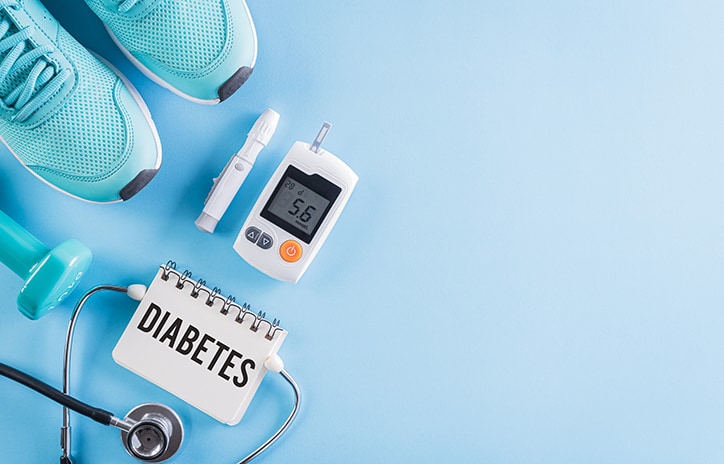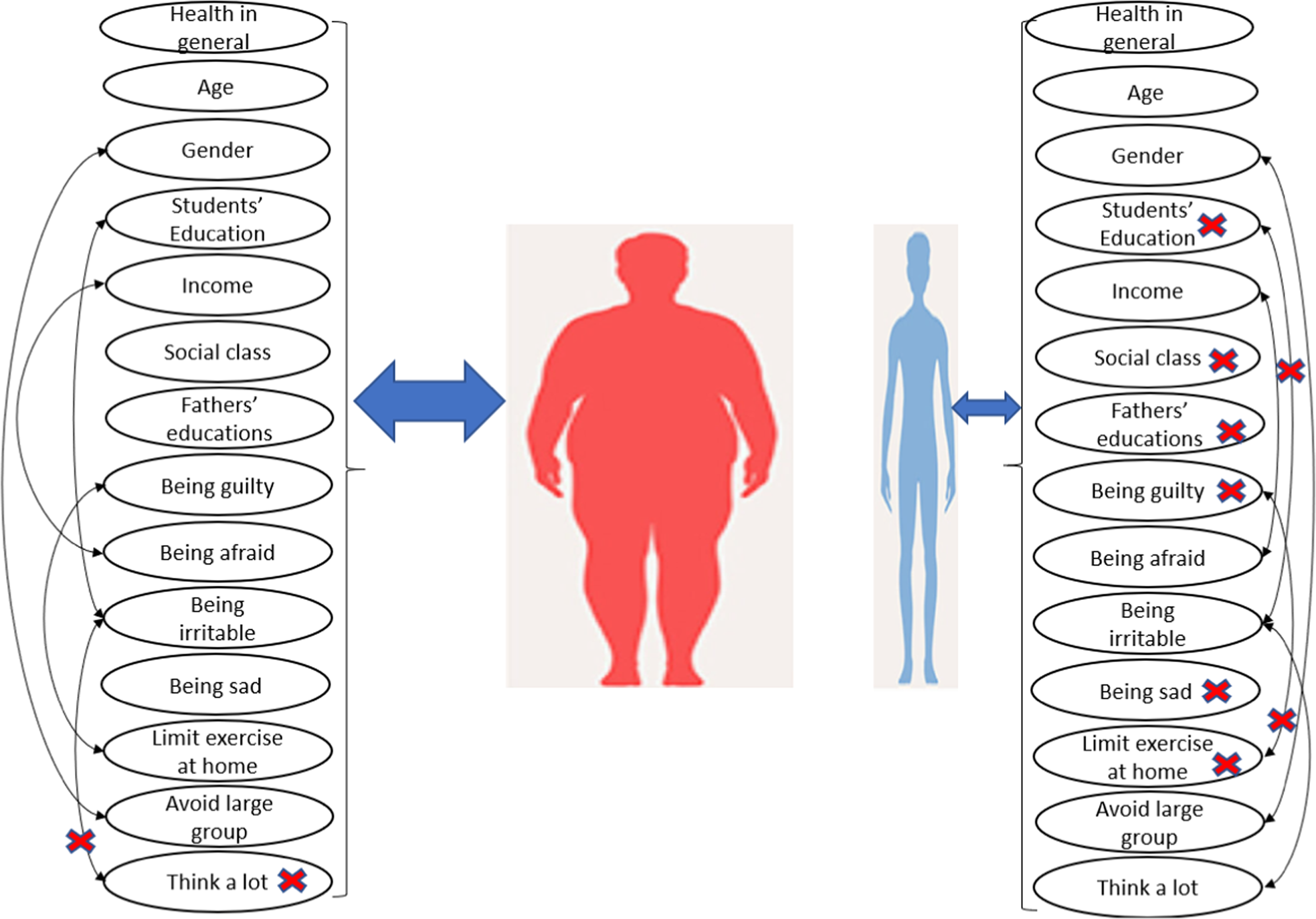
Diabetes is a chronic condition requiring lifelong commitment to managing blood sugar levels. While it can be challenging, there are habits you can adopt to help manage your diabetes and improve your overall health. This article will explore five practices that can help you manage your diabetes effectively.
Table of Contents
Make Time for Regular Exercise
Exercise is an essential component of managing diabetes. Regular exercise can help lower blood sugar levels, increase insulin sensitivity, and improve overall health. Aim to get at least 30 minutes of moderate exercise every day. This can include activities such as brisk walking, cycling, or swimming. If you have any health concerns or complications related to your diabetes, consult your doctor before beginning a new exercise routine.
Follow a Healthy Diet
Eating a healthy diet is crucial for managing diabetes. A diet high in fiber, whole grains, fruits, and vegetables can help regulate blood sugar levels and improve overall health. Avoid foods high in saturated fats, sugar, and salt, as these can increase the risk of complications associated with diabetes. It’s also important to watch portion sizes and limit snacking throughout the day. Several small, healthy snacks within the day are acceptable if they are low-sugar snacks like veggies and hummus.
Monitor Blood Sugar Levels
Monitoring blood sugar levels is an essential aspect of managing diabetes. Knowing your blood sugar levels can help you make informed diet, exercise, and medication decisions. There are many ways to monitor blood sugar levels, including traditional finger-stick tests, continuous glucose monitoring (CGM) systems, or a Dexcom insulin pump. Tandem Diabetes is a leader in diabetes management and insulin technology; they make it easy to monitor and manage your blood sugar levels throughout the day. Visit Tandem Diabetes to learn more about diabetes management and insulin therapy.

Get Enough Sleep
Sleeping is important for overall health and can help manage diabetes. Lack of sleep can lead to insulin resistance, which can cause blood sugar levels to rise. Aim to get at least 7-8 hours of sleep each night and establish a consistent sleep routine. Avoid using electronic devices before bedtime, as the blue light emitted by these devices can interfere with sleep.
Practice Stress-Management Techniques
Stress can significantly impact blood sugar levels, so developing strategies to manage stress effectively is essential. Many techniques can help reduce stress, such as deep breathing, meditation, yoga, or regular exercise. It may also be helpful to talk to a therapist or counselor who can help you develop effective coping strategies.
Managing diabetes is not easy, but it can be managed with a holistic approach and a commitment to healthy habits. By incorporating regular exercise, healthy eating habits, monitoring blood sugar levels, getting enough sleep, and practicing stress-management techniques into your daily routine, you can take control of your diabetes and improve your overall health and well-being.
Moreover, insulin pumps can be a valuable tool for people with diabetes, offering a continuous glucose monitoring system that provides real-time information and insights into blood sugar levels. This allows individuals to make more informed decisions about their food, exercise, and medication, ultimately leading to better blood sugar management. Insulin therapy may be essential to your blood sugar and diabetes management.
It’s important to remember that everyone’s diabetes management plan may differ based on their individual needs and health goals. That’s why working closely with your healthcare team is crucial to develop a customized plan that works for you. With the right tools, knowledge, and support, individuals with diabetes can lead happy, healthy lives and manage their condition effectively.


:max_bytes(150000):strip_icc()/hypersexuality-f7219c0faf93488b82402d4f9d20e454.jpg)


